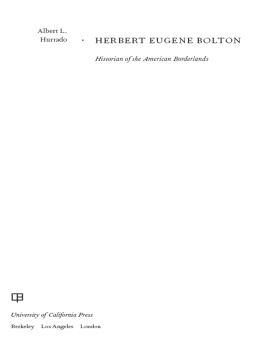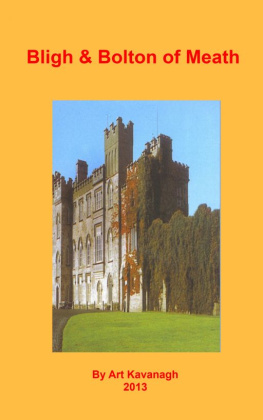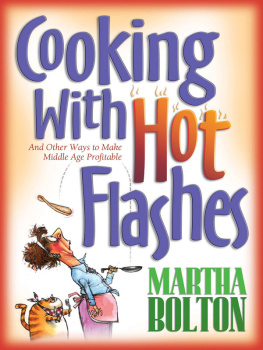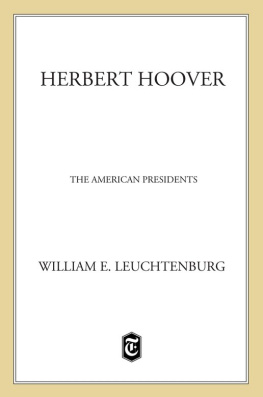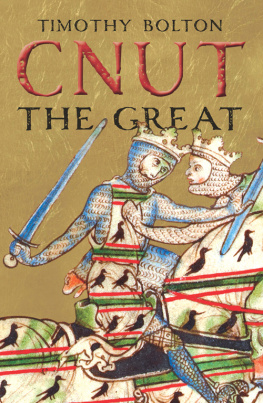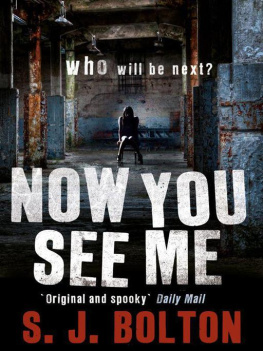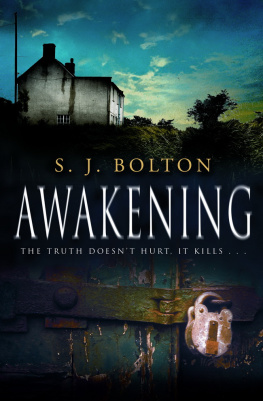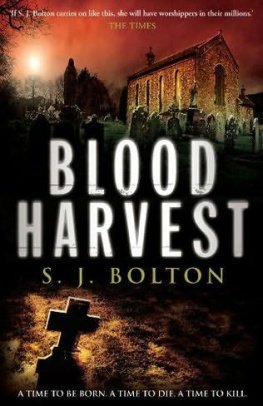ABBREVIATIONS USED
IN THE NOTES
| AHA | American Historical Association. |
| AHR | American Historical Review. |
| AHA-LC | Papers of the American Historical Association, Library of Congress, Washington, D.C. [box no., file name, as appropriate]. |
| BFP | Bolton Family Papers. BL , C-B 841 [box number, subject as appropriate]. |
| BiP | Ray A. Billington Papers, HEH [box number, folder title]. |
| BL | Bancroft Library, University of California, Berkeley. |
| BP | Herbert E. Bolton Papers. BL , C-B 840. [Part I, II, or III, as appropriate][Out or In, as appropriate]: [box number, subject as appropriate]. |
| CLSP | Constance Lindsay Skinner Papers, New York Public Library, New York. |
| FA | Max Farrand Collection, HEH. |
| HEH | Henry E. Huntington Library, San Marino, California. |
| HMSP | Henry Morse Stephens Papers. BL. |
| IA | Institutional Archives (HEH). |
| JP | J. Franklin Jameson Papers, Library of Congress, Washington, D.C. [box no., file name]. |
| NSGW | Native Sons of the Golden West. |
| TU | Frederick Jackson Turner Collection, HEH. [box no.]. |
| MLRPBP | Mary Leticia Ross Papers, 48. Papers of Herbert Eugene Bolton. Georgia Department of Archives and History, Morrow, Georgia. |
| MSS5064 | Frank Lockwood, Correspondence Concerning Herbert E. Bolton, MSS 5064, Bancroft Library. |
| MVHA | Mississippi Valley Historical Association. |
| PBP-LMU | Papers of the Pacific Coast Branch of the American Historical Association. Charles Van der Ahe Library. Loyola Marymount University, Los Angeles. |
ACKNOWLEDGMENTS
This project began on the patio outside the snack bar at the Huntington Library in the summer of 1987. Wilbur Jacobs, my doctoral advisor, asked me if I would like to be part of an OAH roundtable on Frederick Jackson Turner that Robert E. Smith was organizing. I allowed that I did not know much about Turner but that I would like to do something on one of Turner's students, Herbert Bolton. I suggested a paper on Bolton's ethnocentric view of history, which I would contrast with Turner's ideas. Wilbur and Bob agreed. I thank them for setting me on this accidental journey.
I have worked on this project off and on ever since my first foray into the Bolton Papers at the Bancroft Library in 1987. Along the way I accumulated the usual personal and professional debts that I acknowledge here with gratitude. The National Endowment for the Humanities funded a summer seminar on the Spanish Borderlands that David J. Weber convened in 1986. Arizona State University provided a series of grants that funded research at the National Archives and the Bancroft and Huntington Libraries between 1987 and 1998. Since that time the endowment of the Paul H. and Doris Eaton Travis Chair, which I hold at the university of Oklahoma, has generously provided research and travel funds.
The bulk of the research was done at the Bancroft Library. The Bancroft staff has been unfailingly helpful and supportive of me and this project for the more than twenty years that I have been going to and fro. My old friend Walter Brem's knowledge about Bolton, Berkeley, and the Bancroft Library added immeasurably to the pleasure and joy of researching this book as well as to its substance. Theresa Salazar arranged for me to see Bolton's famous classroom maps and has helped in other ways. Bancroft director Charles Faulhaber gave me the opportunity to present a paper on Bolton at the celebration of the library's 150th anniversary.
I am grateful to several of Bolton's grandchildren for their assistance. Robert Brower offered help, but sadly, did not live to see the book completed. Steven Johnson gave me his sketch of Bolton and other materials. Thomas Johnson reminisced about Bolton when Johnson was a student at Berkeley and about other matters relating to the Bolton family. Gale Randall graciously invited me into her home and shared photographs and memories of her grandfather. She also provided copies of family letters and other helpful information.
A host of colleagues and friends have suffered through my telling of hundreds of gossipy tales about Bolton back in the day. Some of them were actually interested, or kindly pretended that they were. My friend and mentor Kenneth N. Owens heard my first seminar presentation on Bolton in 1974, when I was a master's student. Consider this book my final response to the criticism you offered then. Sorry it's late. At Arizona State University my friend Peter Iverson encouraged me to write this book. He also arranged for me to interview his mother, who was a student at Berkeley in Bolton's time. David A. Hollinger helped me with a few details about the history department after Bolton's time and sent me History at Berkeley: A Dialog in Three Parts, which he coauthored with George A. Bruckern and Henry F. May.
Several of Bolton's graduate students have shared their reminiscences with me. Donald Cutter, Woodrow Borah, Engel Sluiter, and Earl Pomeroy were especially helpful. Edward Von der Porten and Robert J. Chandler were kind enough to read the chapter on the Drake Plate. My university of Oklahoma colleague Donald J. Pisani, who happens to be the son-in-law of Bolton student Engel Sluiter, arranged for me to meet with him. Don is also a Cal alum with a lively interest in his alma mater. Consequently he has been a willing and informative conversationalist about all things Berkeley and Bolton.
My friend and student William Carter sent me the Alfred Barnaby ThomasBolton correspondence from the university of Texas Pan American Library. Fellow Bolton scholar Russell Magnaghi generously sent me Bolton materials gleaned from the Georgia State Archives. Martin Ridge and Steven Hackel invited me to present papers about Bolton at the Huntington Library that helped me to sharpen my arguments.
David Wrobel and two anonymous readers carefully read the first draft of this book and made helpful suggestions. Thanks to them, the book is more succinct and readable. My graduate assistants David Beyreis, Matt Pearce, John Rhea, and Ryan Sturdevant helped me to prepare the final version of the manuscript. Jean Barman, Rose Marie Beebe, Iris Engstrand, Richard Etulain, Pamela Herr, Paul Hutton, W. Turrentine Jackson, William P. MacKinnon, and Samuel Truett have helped along the way. Steven Baker's copyediting of the manuscript added precision and polish to the finished product.
And as always, my wife, Jean, has been a willing listener and a knowing critic. Without her, where would I be?
By 2007 I had finished almost all of the research for this book and was ready to write. Then came an unexpected gift. Robert C. Roy Ritchie, W. M. Keck Foundation Director of Research at the Huntington Library, offered me the one- year Los Angeles Times Distinguished Fellowship in American History. So I crated up eight file drawers of documents, notes, and my computer database and hauled them to San Marino. I conceived of the fellowship as an opportunity to write without distractions, and so it was. I had already reviewed the correspondence between Turner and Bolton held by the Huntington, but the collections there proved to be far more helpful after I looked more deeply into them. The Frederick Jackson Turner Collection, Max Farrand Papers, and the Institutional Archives provided important new information not available anywhere else. Because of the Times fellowship the book is significantly different than it would have been otherwise. At the Huntington, Peter Blodgett helped me in myriad ways with his incomparable knowledge of the collections. While I did not quite finish the manuscript at the Huntington, most of the first draft was written there. It is fitting that the book ended more or less where it began, under the spreading trees of that most wonderful place for scholars. Thank you, Roy.
Next page
